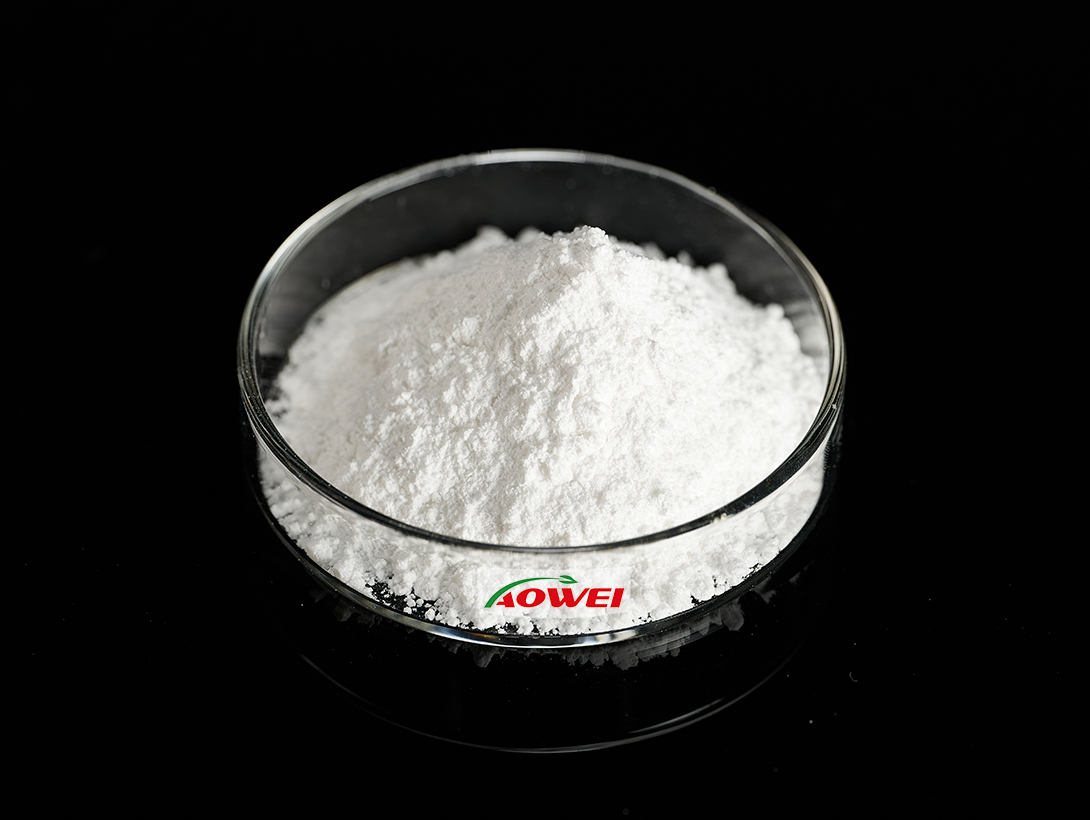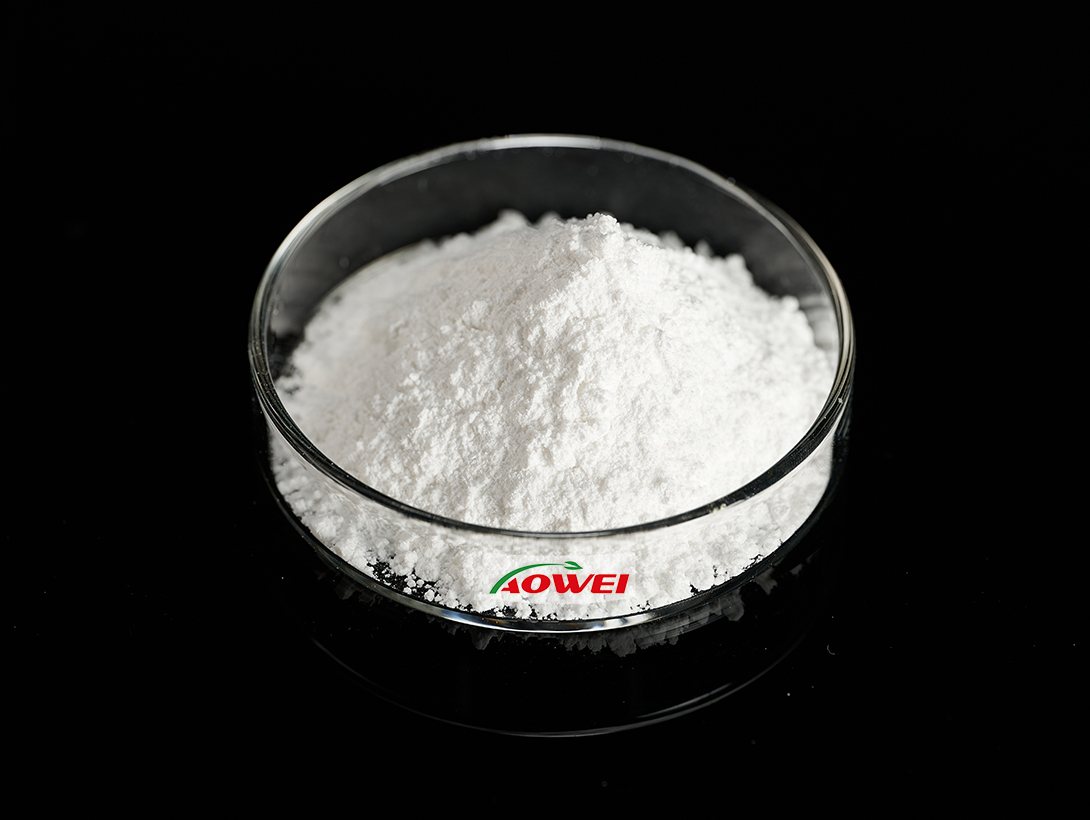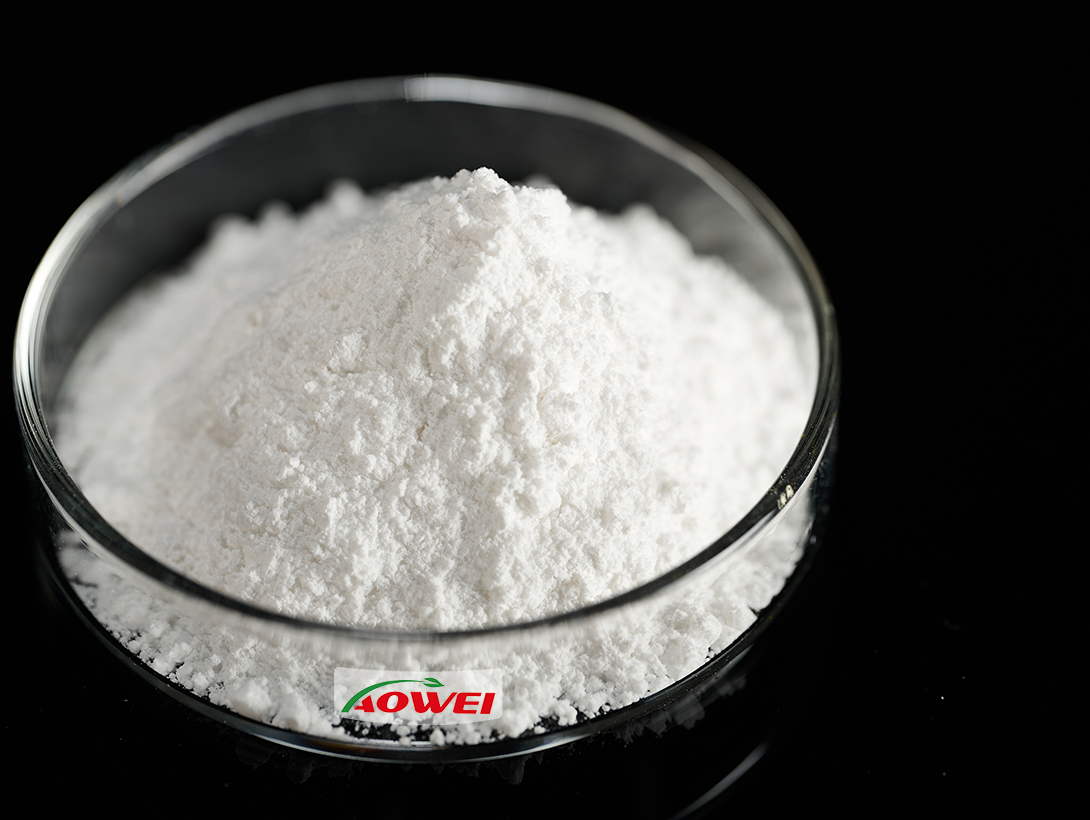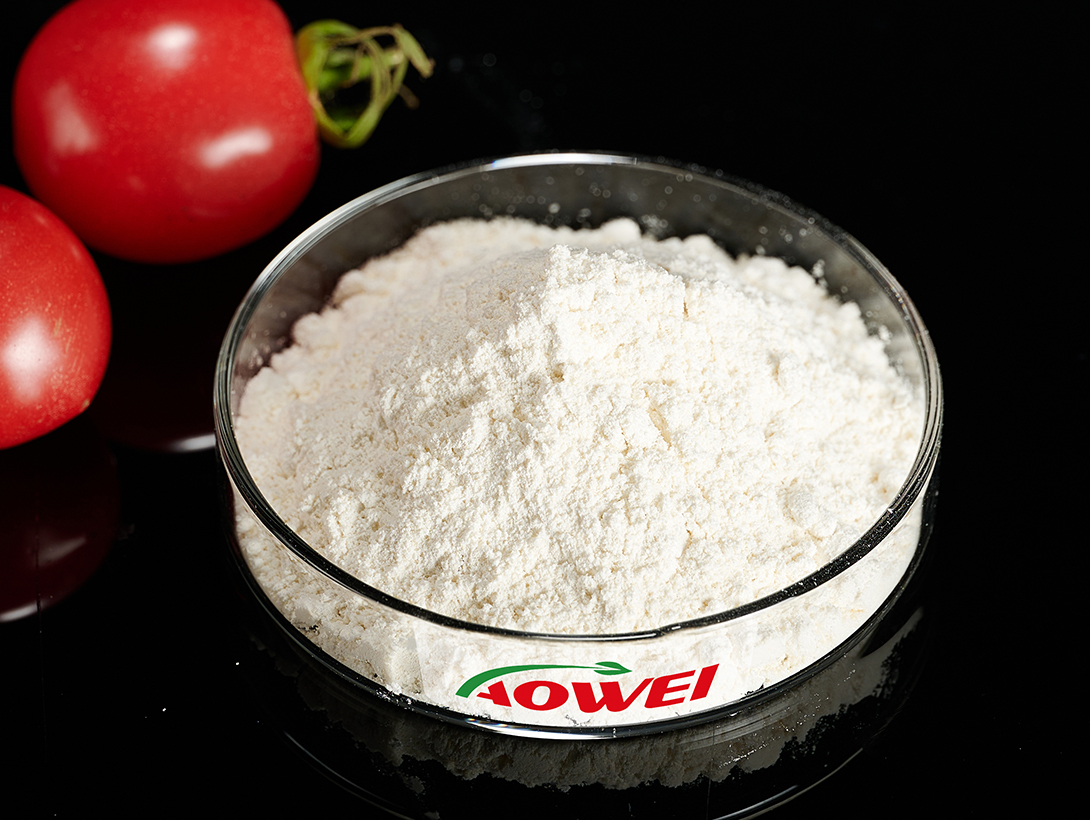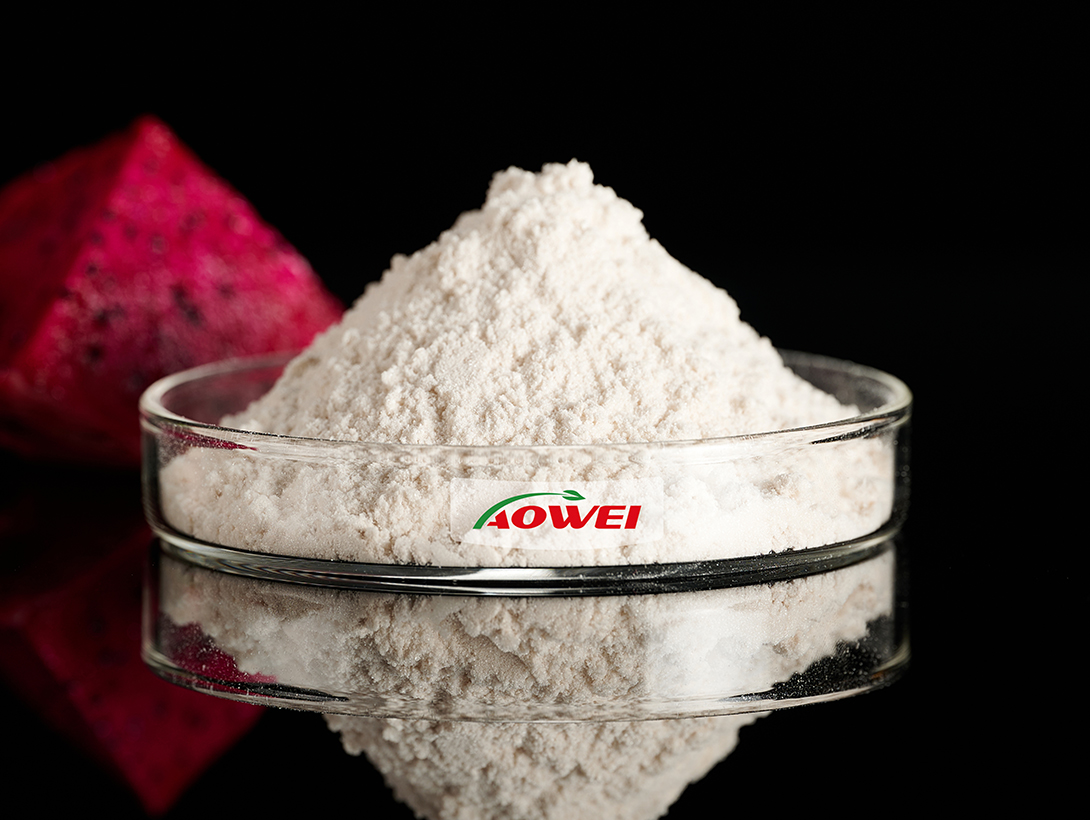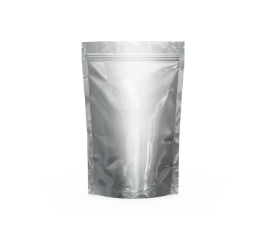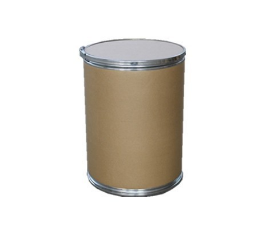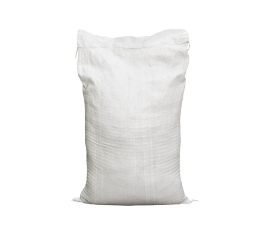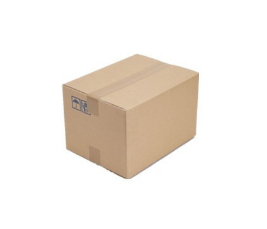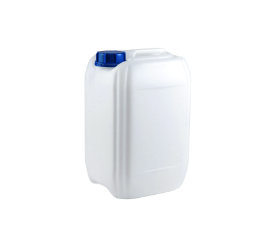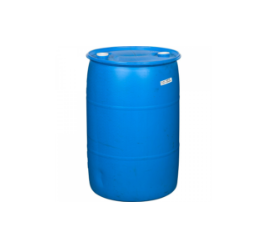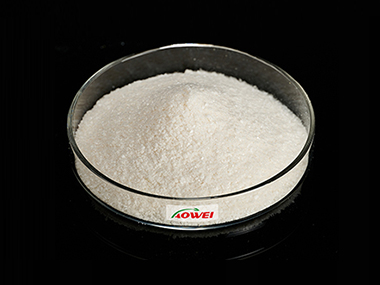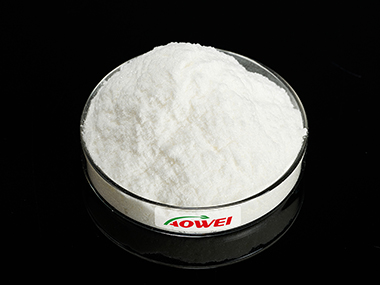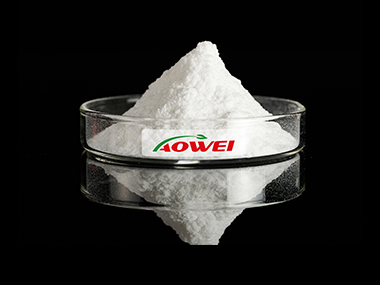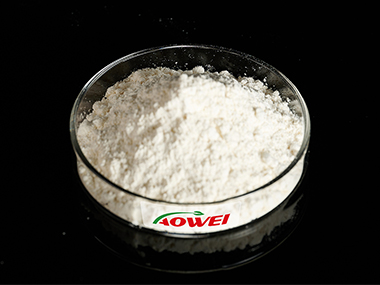Product Detail
Chlormequat chloride is a quaternary ammonium salt plant growth regulator. The chemical formula is C5H13Cl2N. It is white crystals with a fishy odor and is easily deliquescent. The melting point is 245℃ (partial decomposition). It is easily soluble in water, and the concentration of saturated aqueous solution can reach about 80% at room temperature.
It is insoluble in benzene, xylene, and anhydrous ethanol, but soluble in propanol. It is stable in neutral or slightly acidic media and can be decomposed by heating in alkaline media.
It is insoluble in benzene, xylene, and anhydrous ethanol, but soluble in propanol. It is stable in neutral or slightly acidic media and can be decomposed by heating in alkaline media.
Chlormequat chloride is an excellent plant growth regulator, which can be used in crops such as wheat, rice, cotton, tobacco, corn and tomatoes. It inhibits the elongation of crop cells, but does not inhibit cell division. It can make plants shorter, stems thicker, and leaves greener.
It can make crops drought-resistant and waterlogged, prevent crops from growing too long and lodging, resist salt and alkali, and prevent cotton from falling bolls. It can also increase the size of potato tubers.
It can make crops drought-resistant and waterlogged, prevent crops from growing too long and lodging, resist salt and alkali, and prevent cotton from falling bolls. It can also increase the size of potato tubers.


